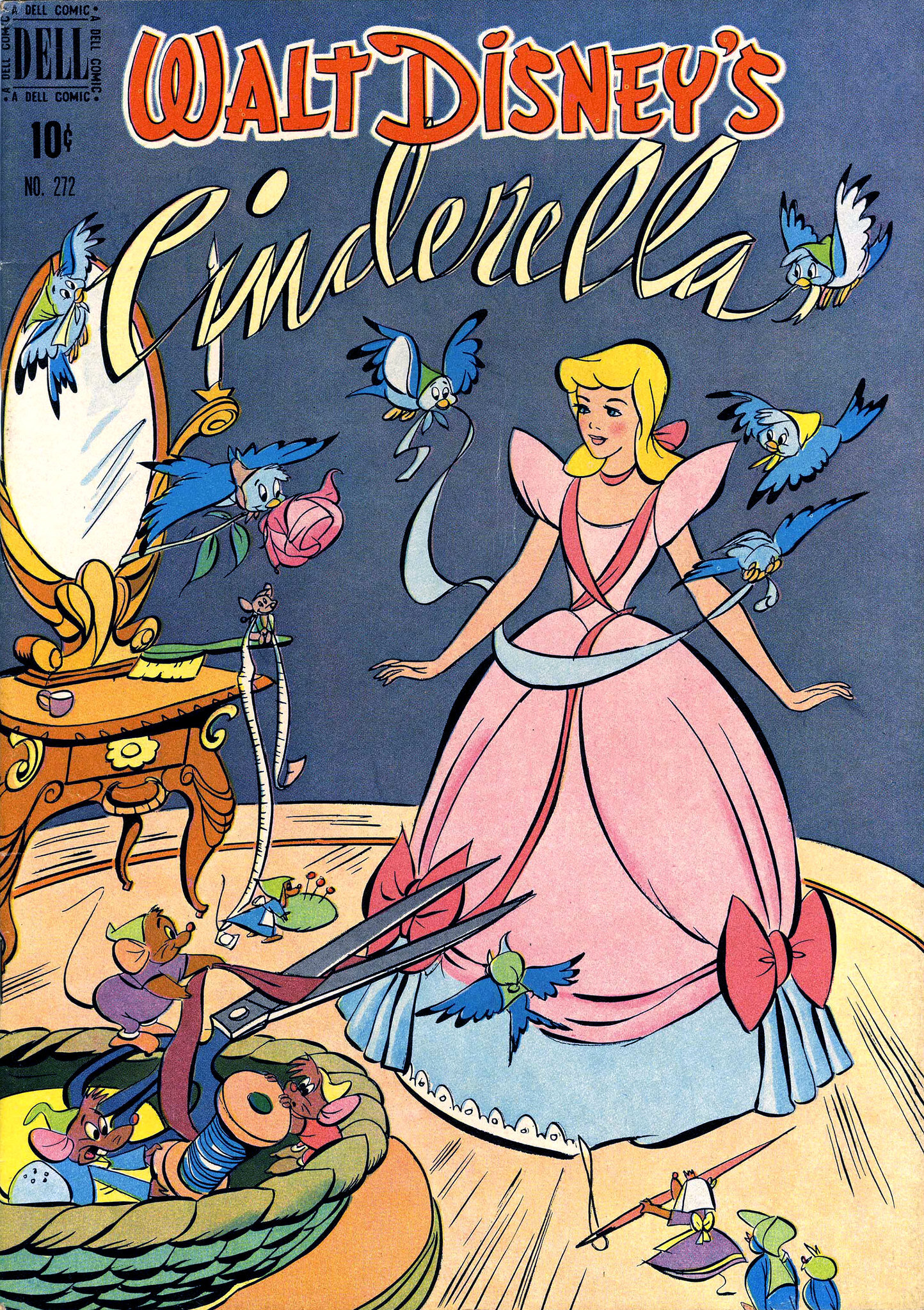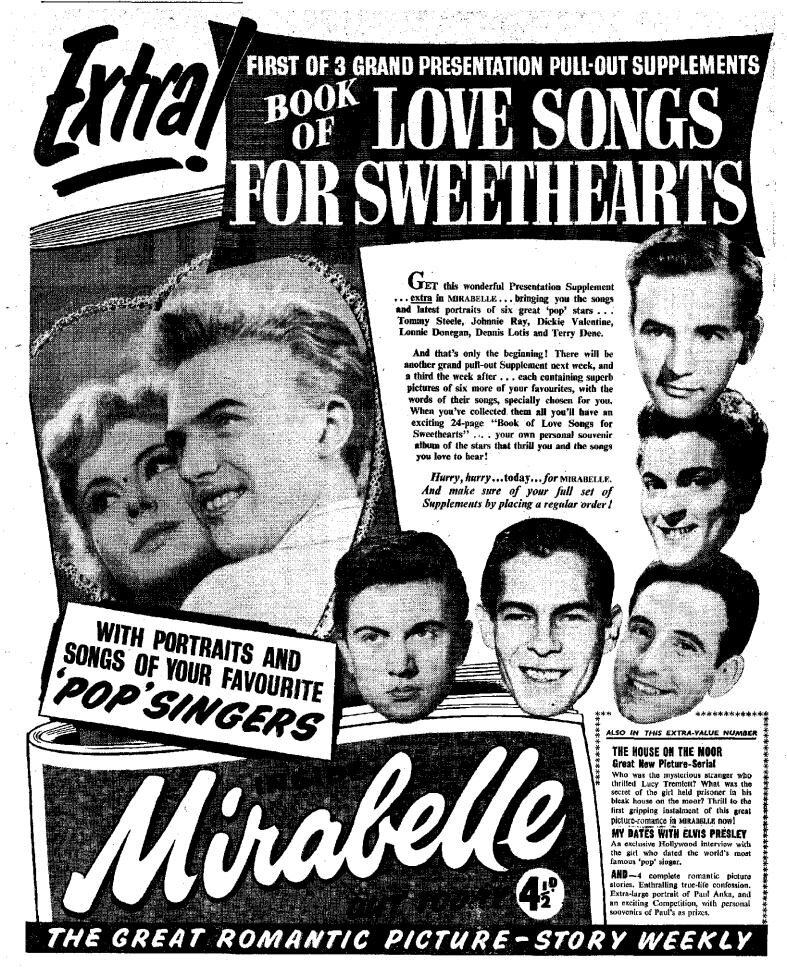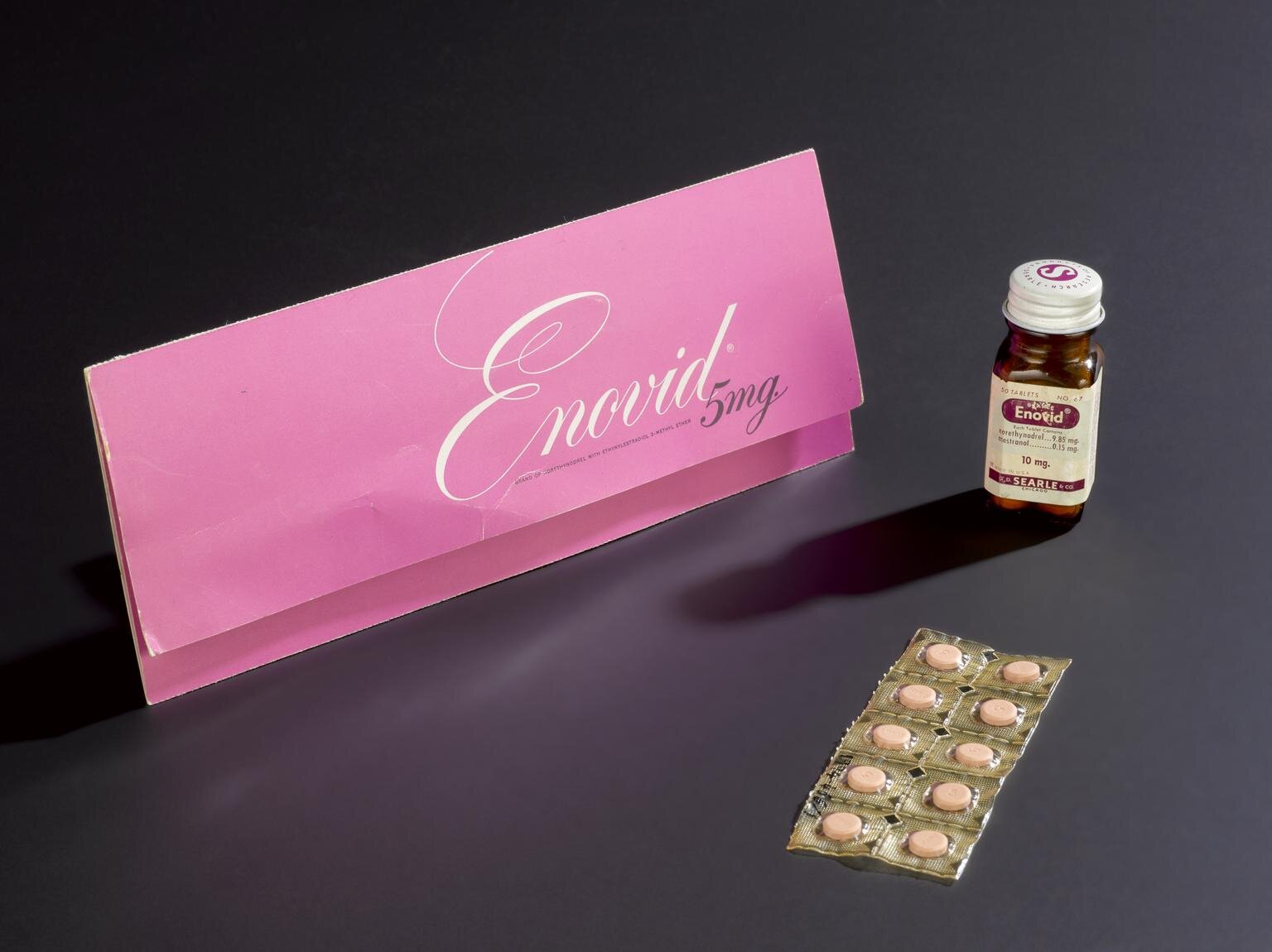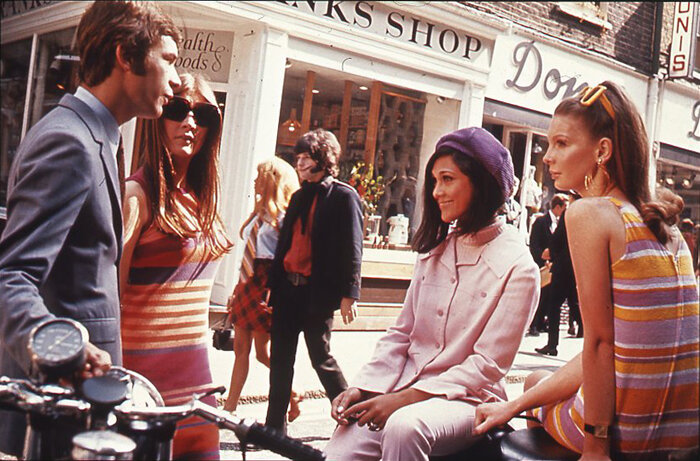Love, Love, Love: Prof. Carol Dyhouse (1966)
In this Valentine’s Day special we find out how women’s love lives were being transformed in the year 1966.
*** [About our format] ***
In 1950 Disney brought out their film version of Cinderella. Although the story had been around since antiquity, it took on particular significance for women living in post-war Britain. The fantasy of a life being transformed from one of housework and drudgery to royalty was heightened in the context of rationing and a generation of men traumatised by the war.
Sixty-three years later, Disney released Frozen. Some key motifs remained – the beautiful princesses and magnificent castle – but this time the central plot concerned the bond between two sisters, their growing up and journeys of self-discovery.
The enormous success of both these films in their respective eras goes some way towards revealing what mattered to the women and girls watching them. Whilst Cinderella depicted a world in which, in the words of our guest today, ‘a man was an ending’, the latter placed romantic endeavours firmly on the sidelines.
What changes took place over the last 70 years that meant Disney started making films like Frozen instead of Cinderella? That’s the question that our guest today, Professor Carol Dyhouse, posed when she began writing her latest book: Love Lives: From Cinderella to Frozen.
She suggests that the late 1960s and 1970s saw a series of radical ‘uncouplings’ in which things once considered inseparable began to come apart. Children didn’t have to come with sex, sex no longer had to go with marriage and marriage wasn’t necessarily forever.
In this episode we travel back to 1966 to explore Britain on the brink of some of these radical changes. Across the country Brook Advisory Centres were opening where unmarried women could go for contraceptive advice. In parliament, the Latey Committee deliberated on the Age of Majority. We discuss these developments and many more facets of the sexual revolution.
*
Click here to order Carol Dyhouse’s book from John Sandoe’s who, we are delighted to say, are supplying books for the podcast.
*** Listen to the podcast ***
Show notes
Scene One: A visit to Gretna Green. 1966 saw an unprecedented number of young – mainly teenage – couples eloping to Scotland from England to marry before the age of 21 without parental permission.
Scene Two: Sitting in on deliberations of the Latey Committee on Age of Majority with an opportunity to talk to Katharine Whitehorn. The committee was instrumental in the Age of Majority being lowered from 21 to 18 in 1969-70. The rising tide of young marriages was a key concern. Katharine Whitehorn was a pioneering woman journalist and feminist who played an important role in the discussions and drafting of the Latey Committee.
Scene Three: Witnessing the opening of Brook Advisory Centre in Birmingham. Brook Advisory Centres were in vanguard of offering contraceptive advice to young unmarried women. First clinic in London 1964. Birmingham centre 1966.
Memento: Two bottles of scent from the perfume department at Jenners in Edinburgh.
People/Social
Presenter: Artemis Irvine
Guest: Professor Carol Dyhouse
Producers: Maria Nolan
Titles: Jon O
Follow us on Twitter: @tttpodcast_
Or on Facebook
Podcast Partner: ColorGraph
See where 1966 fits on our Timeline
Images used under Creative Commons
About Carol Dyhouse
Professor Carol Dyhouse is a social and cultural historian and emeritus professor at the University of Sussex. She has written several books about women’s history from education and feminism to glamour and consumerism. Her most recent book Love Lives: From Cinderella to Frozen is published by Oxford University Press.
Featured images
Listen on YouTube
Complementary episodes
The Lost Properties of Love: Dr Sophie Ratcliffe (1876)
In this conversation, Ratcliffe guides us back to 1876 and to a historical past suspended between fact and fiction. She describes how trains were viewed as an invasive new technology; how time operates in intriguing ways in Tolstoy’s fiction, and she speculates about what was hidden in Anna’s red handbag […]
Square Haunting: Francesca Wade (1917)
In this episode of Travels Through Time the biographer Francesca Wade takes us to the fringes of London’s Bloomsbury, to explore a fascinating generation of poets, writers and publishers who passed through Mecklenburg Square.









